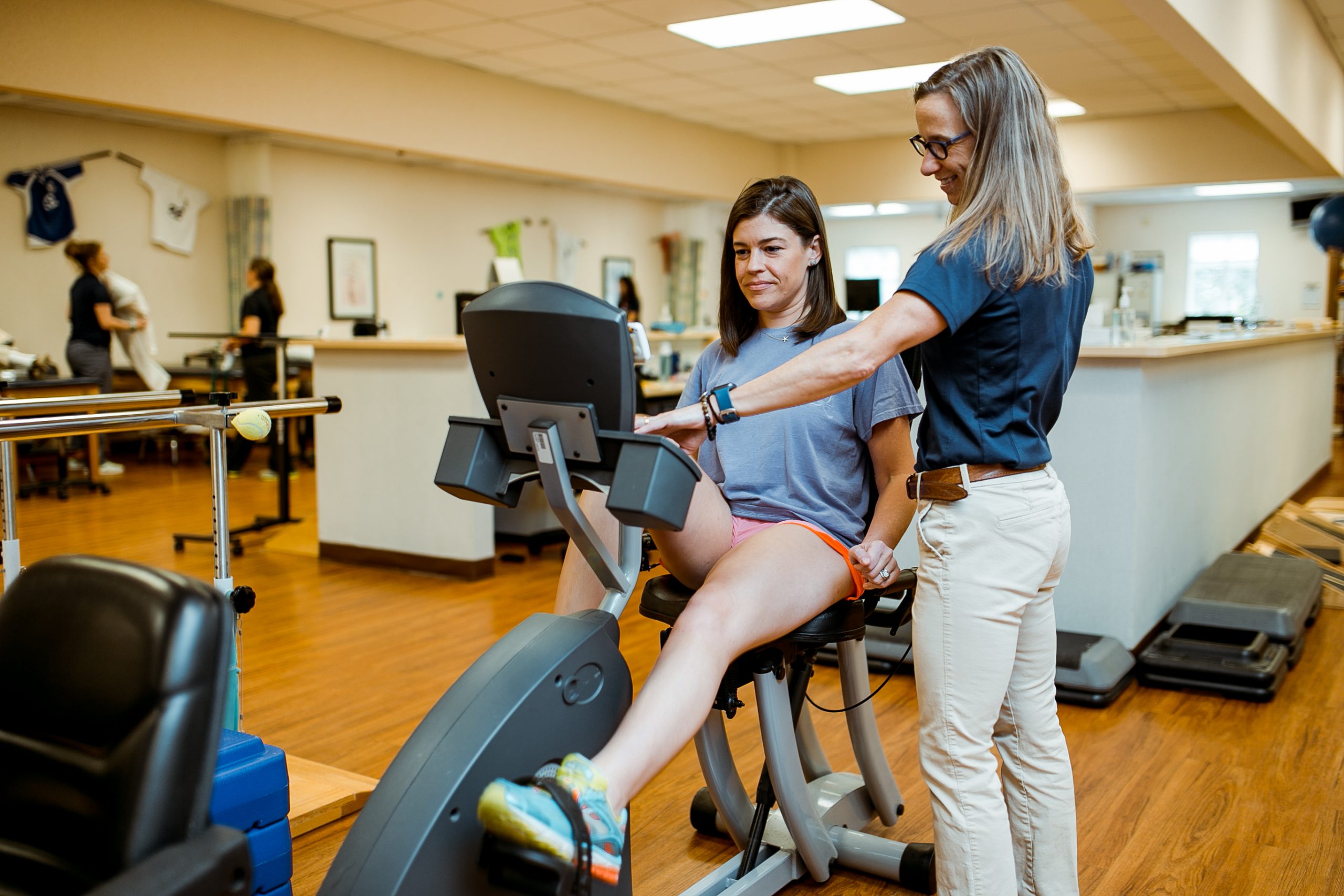Enhancing Rehab Outcomes Via Effective Practical Motion Screening Guidelines
Operational Movement Screening (FMS) is a beneficial tool used to evaluate an person's movement mechanics. This screening aids determine any weaknesses or imbalances in the body, which can result to injuries if not corrected. In recovery contexts, FMS can serve a crucial role in improving rehabilitation outcomes. By comprehending how each person moves, healthcare professionals can design focused rehabilitation plans that concentrate on improving power, flexibility, and general function.One of the key advantages of using FMS in rehabilitation is its ability to identify particular areas that need enhancement. For instance, if a patient has difficulty with squatting or lunge movements, it may suggest a lack of flexibility in their hip joints or ankle joints. This information allows clinicians to create personalized fitness programs that emphasize addressing these deficits. As a consequence, patients are more likely to recover their strength and ability, which is crucial for resuming to daily tasks or sports.

Incorporating efficient FMS procedures can also help avoid future harm. Many injuries happen due to inefficient mobility patterns or excessive use of certain muscular clusters. By screening patients before they start a rehabilitation program, clinicians can identify risks and establish strategies to reduce them. Educating patients about proper mobility mechanics and strengthening underdeveloped aspects can lead to long-term advantages, promoting that they remain active and fit.
Additionally, the use of FMS can improve communication between healthcare professionals and patients. When patients witness their movement mechanics assessed and clarified, they gain a better understanding of their rehabilitation process. This transparency fosters trust and motivates patients to take an engaged part in their recovery. By engaging patients in their rehabilitation process, they are more likely to follow to prescribed exercises and lifestyle adjustments that support better outcomes.
In summary, enhancing rehabilitation outcomes through effective operational movement screening procedures is crucial for both patients and healthcare professionals. By precisely evaluating mobility shoulder rehabilitation patterns, clinicians can develop tailored rehabilitation plans that meet individual requirements. This not only facilitates in recovery but also assists prevent future harm. As patients become more engaged in their recovery journey, they are likely to attain check it out their goals and maintain a fit, engaged lifestyle.